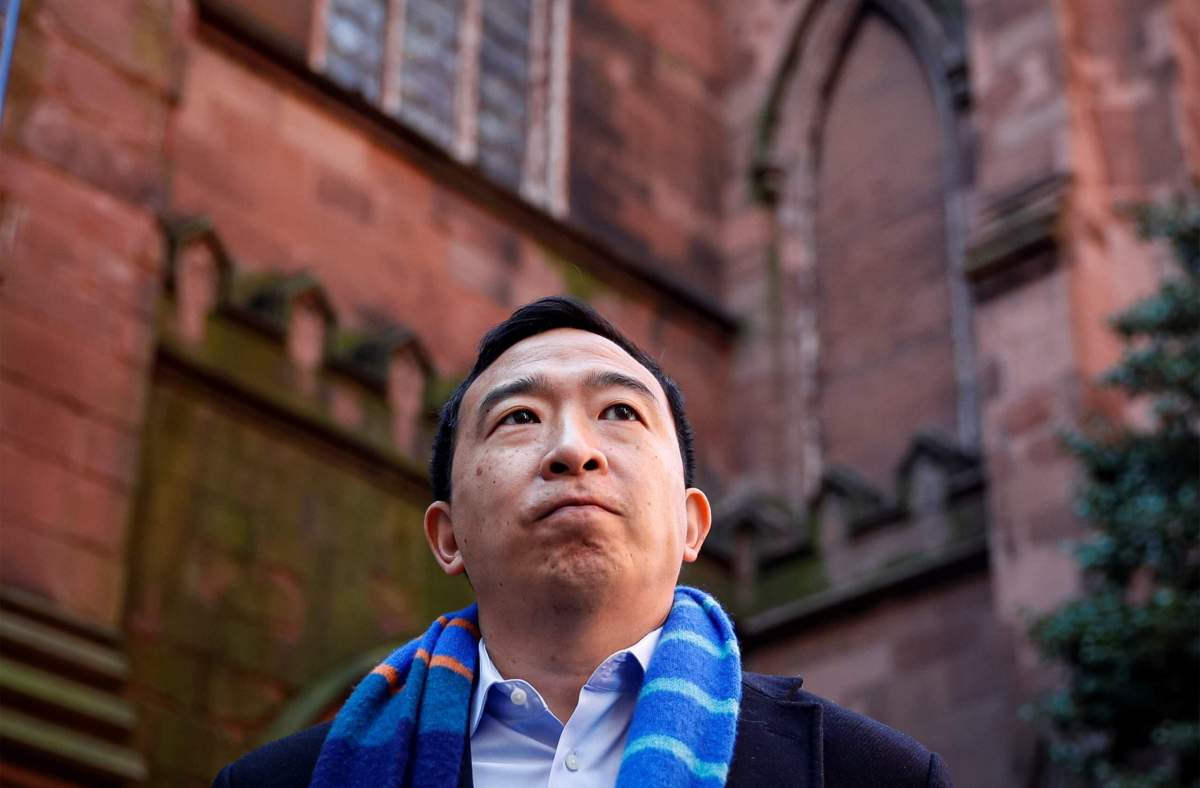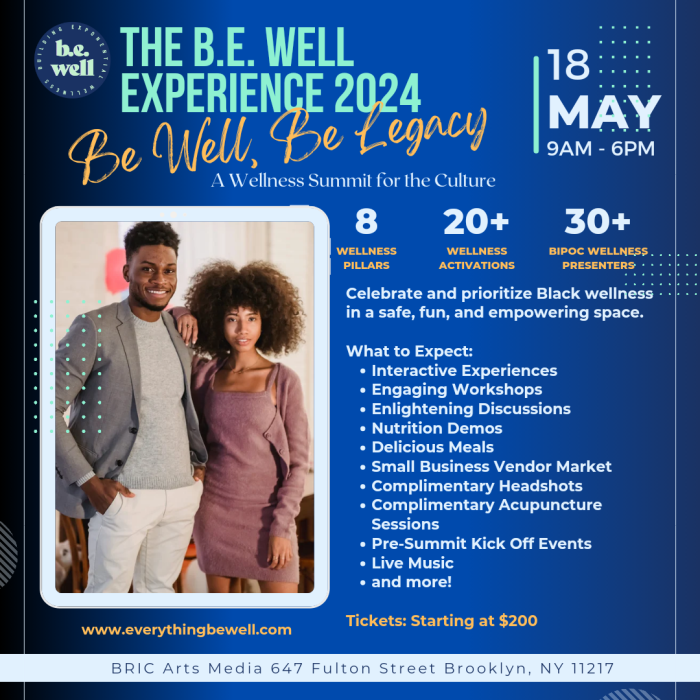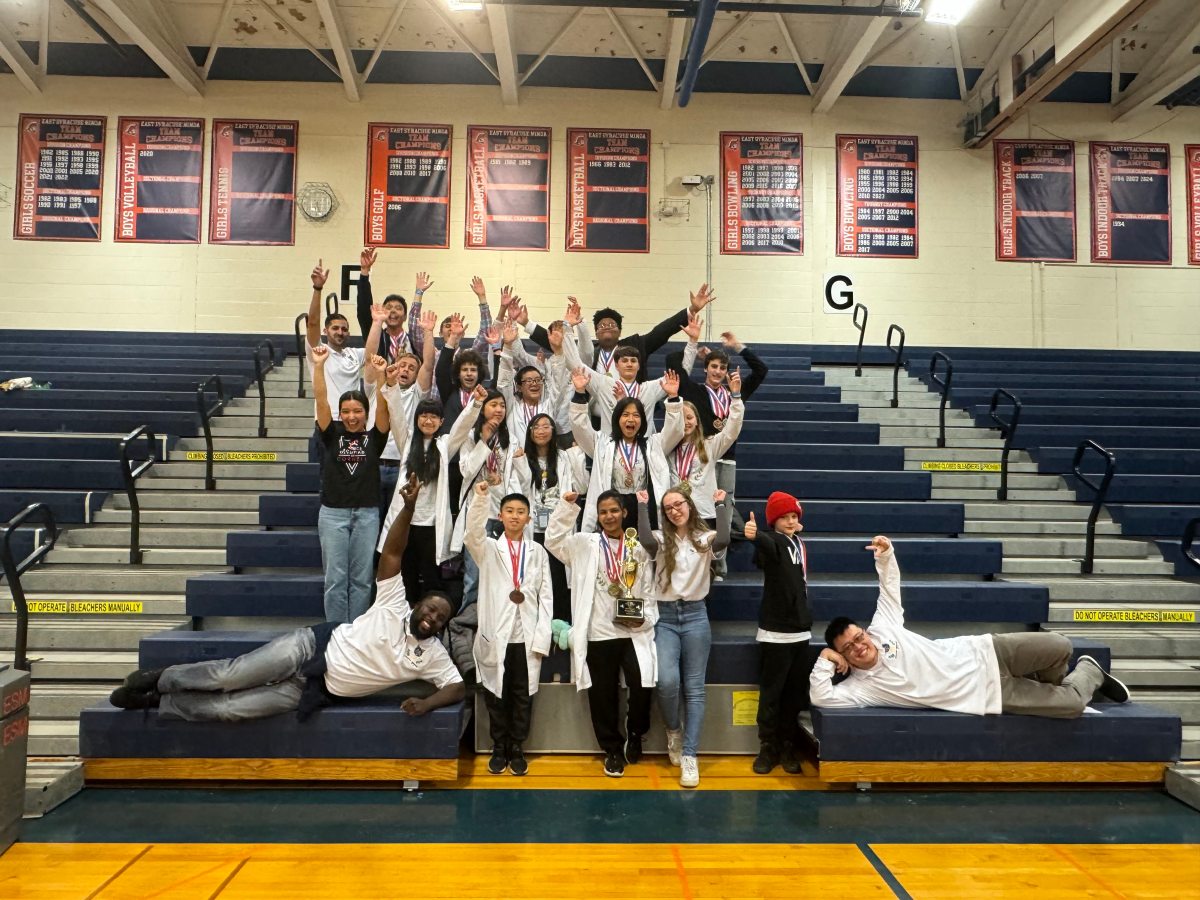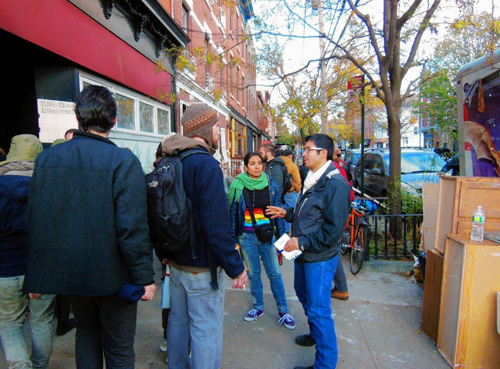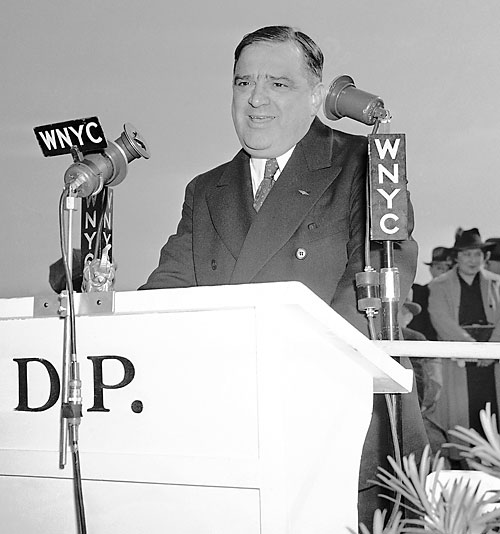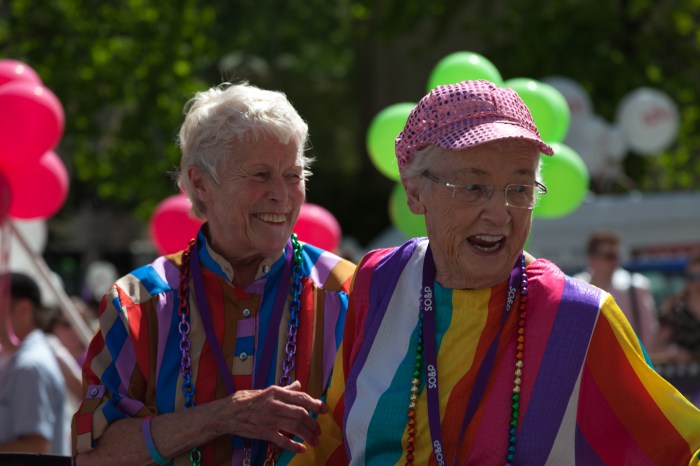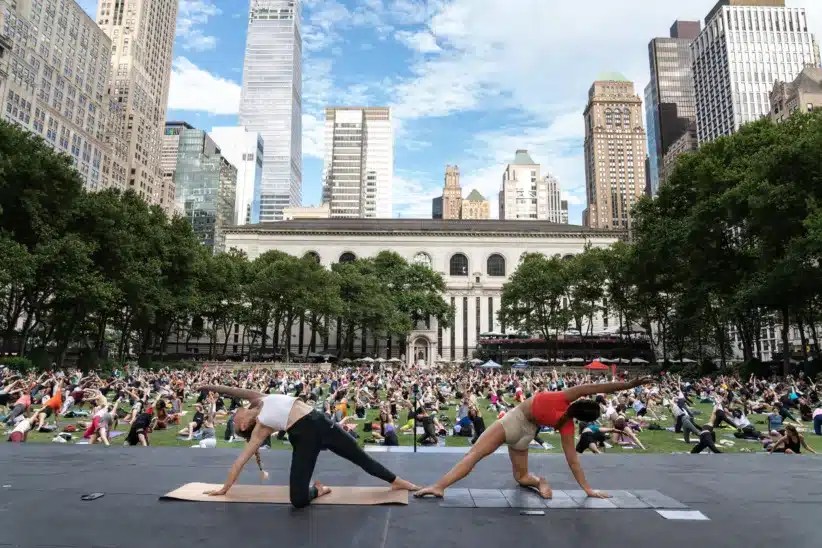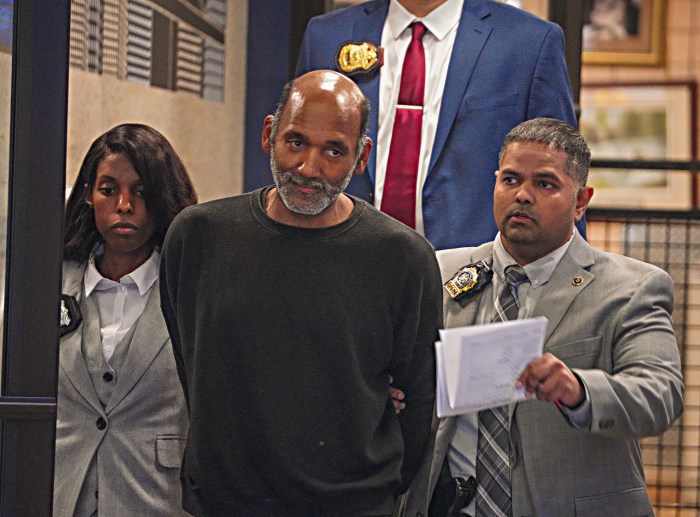This electronic age we have all been increasingly living in for many decades now is the era of the attention economy. Your attention is a finite resource, that people and organizations and —god help you — brands are fighting for. You must be mindful about where you spend your attention.
The center of the attention economy in electoral politics is surely the executive position, be it president, governor, or mayor. These are the most powerful positions, of course, but also we’re currently trapped in a feedback loop that keeps our attention locked on the races for those positions to the detriment of our politics.
Journalists are as enmeshed in the attention economy as anyone: they need eyeballs for their stories, or ears I suppose if they are in radio or podcasting. It’s much easier to persuade journalists to cover a story they believe their readers/viewers/listeners are already familiar with. The incentives for getting more attention rather than less in journalism are quite strong, so journalists cover not only the top race on the ballot to the exclusion of the others, but focus on the most attention-getting candidate in that field.
A man ran for president who was in no way qualified to be president, but he’d been covered by New York journalists for forty years and had appeared on television for twenty. He received far more news coverage than all of his opponents, and the coverage of him got better ratings. His supporters had a relationship to him mostly through media platforms, as is true for any national politician, but they especially loved him for the ridiculous things he would say and his ability to dominate media coverage, which were one and the same.
The American attention economy completely revolved around this man for over four years. They were good years to own a cable news network, but our country will be paying the price for decades to come.
A man who wasn’t famous started rolling up his own fame ball by running for president, appearing on television many times as a candidate and later commentator. He didn’t get many votes, but the national media attention somehow has now made him the frontrunner for mayor of New York, a position he is no more qualified for than our former president was for the White House.
He never voted for mayor but now he gets more coverage than those candidates who have decades of relevant professional experience: that’s journalists’ incentive now. His supporters love him for his well-knownness, his sunny lack of details.
You can help correct this situation before it is too late. Urge reporters not to spend so much time on Andrew Yang. Ideally, tell them to cover the campaigns for the fifty offices in the city that are up for election and not mayor. For example, here in Brooklyn the race for Surrogates’ Court is important but more or less unknown. That’s what I’ll write about next week.


